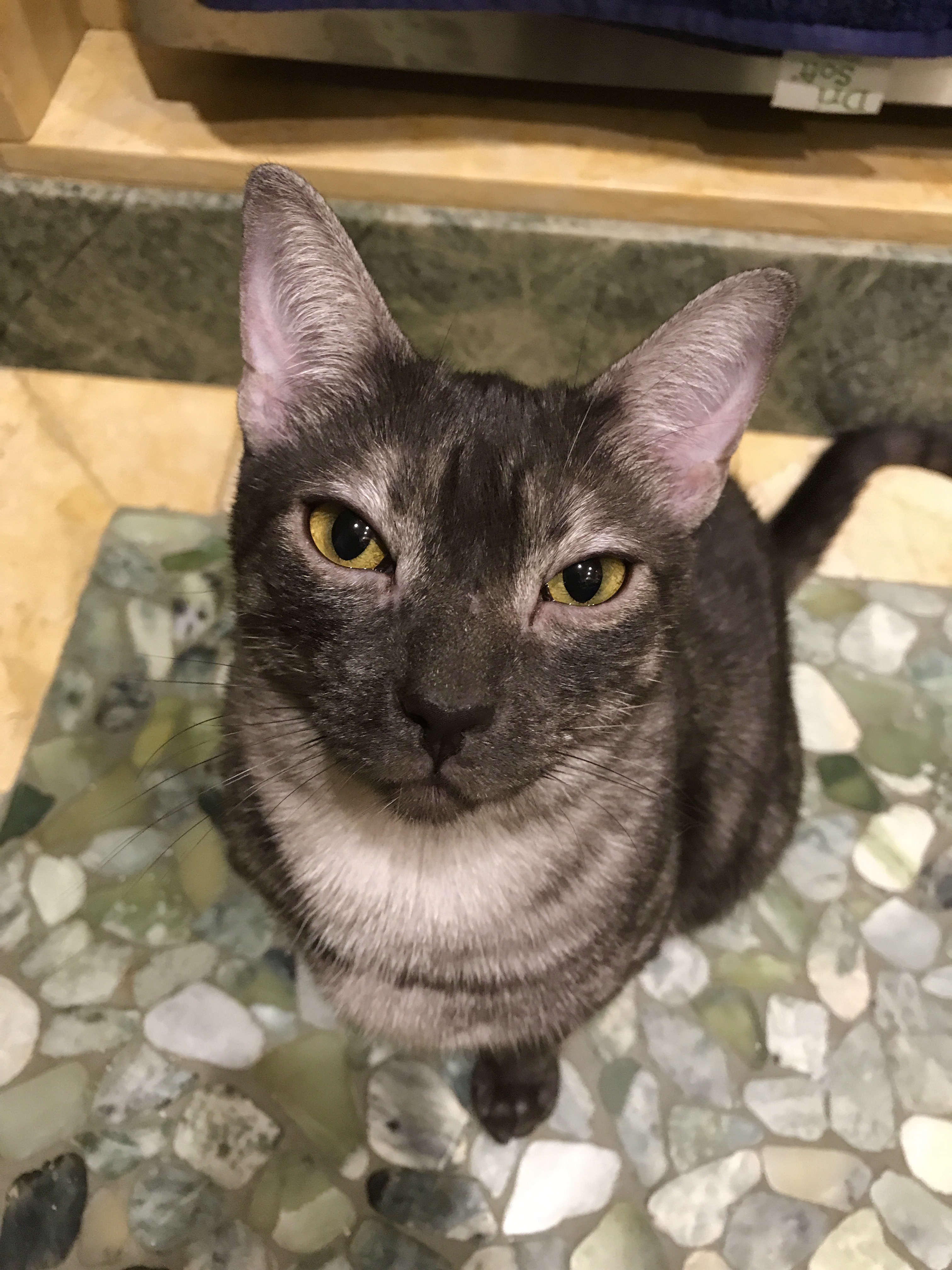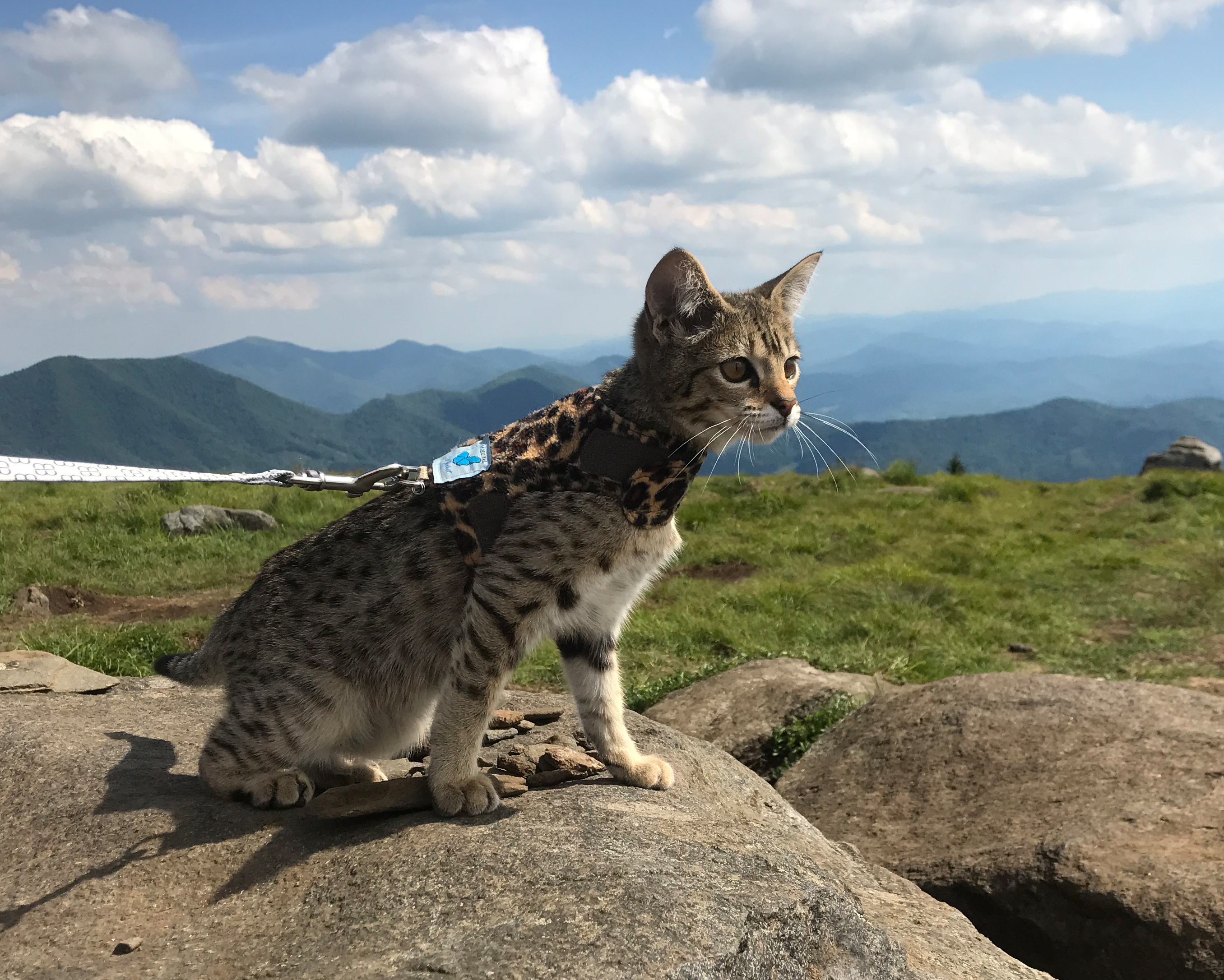
UC Davis has long history of studying feline infectious peritonitis
Research into feline infectious peritonitis (FIP) at the school began in 1964 with Dr. Niels Pedersen, who was then a veterinary student, and Dr. Billy Ward, a veterinary pathology graduate student at the time. Pedersen went on to become a professor of Medicine and Epidemiology and the CCAH's founding director.
Ward and Pedersen published their research on FIP in 1969. Pedersen maintained an interest in the disease during his internship at Colorado State University and PhD training from the Australian National University. He actively resumed research on FIP and other infectious diseases of cats after returning to UC Davis and the veterinary school in 1972. He has maintained an active research program on FIP to this very day.
Pedersen is considered a world authority on FIP and has 45 major research publications and a number of book chapters and reviews in the veterinary literature. His textbook on “Feline Husbandry, Diseases and Management in the Multiple-cat Environment” is still considered a classic for cat breeders. Pedersen retired in 2013, but continues to maintain an active research program on FIP as an Emeritus Distinguished Professor. The emphasis of current research remains on how FIPV causes disease, genetic and environmental factors affecting disease incidence, and most recently the use of specific drugs that target the replication of FIPV in the cat.
Pedersen feels fortunate to have had the support of private organizations, such as the Winn Feline Foundation, Morris Animal Foundation, Save Our Cats and Kittens (SOCK) and SOCK FIP, private foundations and pedigreed cat registries, and many individual donors. “As my career starts to wind down, it has given me great pleasure to be joined by my colleagues, including Dr. Brian Murphy and Dr. Patty Pesavento, to help maintain the reputation of the School of Veterinary Medicine as one of the leading research groups on coronavirus infections of cats such as FECV and FIPV,” Pedersen says. “We are in full agreement: FIP is one of the most complex infectious diseases of human and animal.” But hopefully Pedersen’s research over a half century has helped to unravel much of that complexity
Many key discoveries on FIP have come out of our school and Pedersen’s laboratory, including the first propagation of the causative coronavirus in tissue culture, recognition of its close relationship to common coronaviruses of other species, the development of an antibody test for feline coronavirus, and the recognition that the FIP virus (FIPV) was an uncommon mutation of a ubiquitous and largely non-pathogenic feline enteric coronavirus (FECV). Attempts to develop vaccines against the disease failed, leading to studies on how to decrease the incidence of disease in catteries, shelters and other high-risk environments by changes in husbandry. Dr. Pedersen has also completed several studies on the role of heritable factors in FIP susceptibility. Genetic susceptibility and resistance were found to be highly complex and attempts to increase resistance by selective breeding of naturally immune queens and toms led to increased rather than decreased susceptibility. The major heritable risk factor was found to be inbreeding.
Here are some pictures of some of the cats that have been treated and survived.


